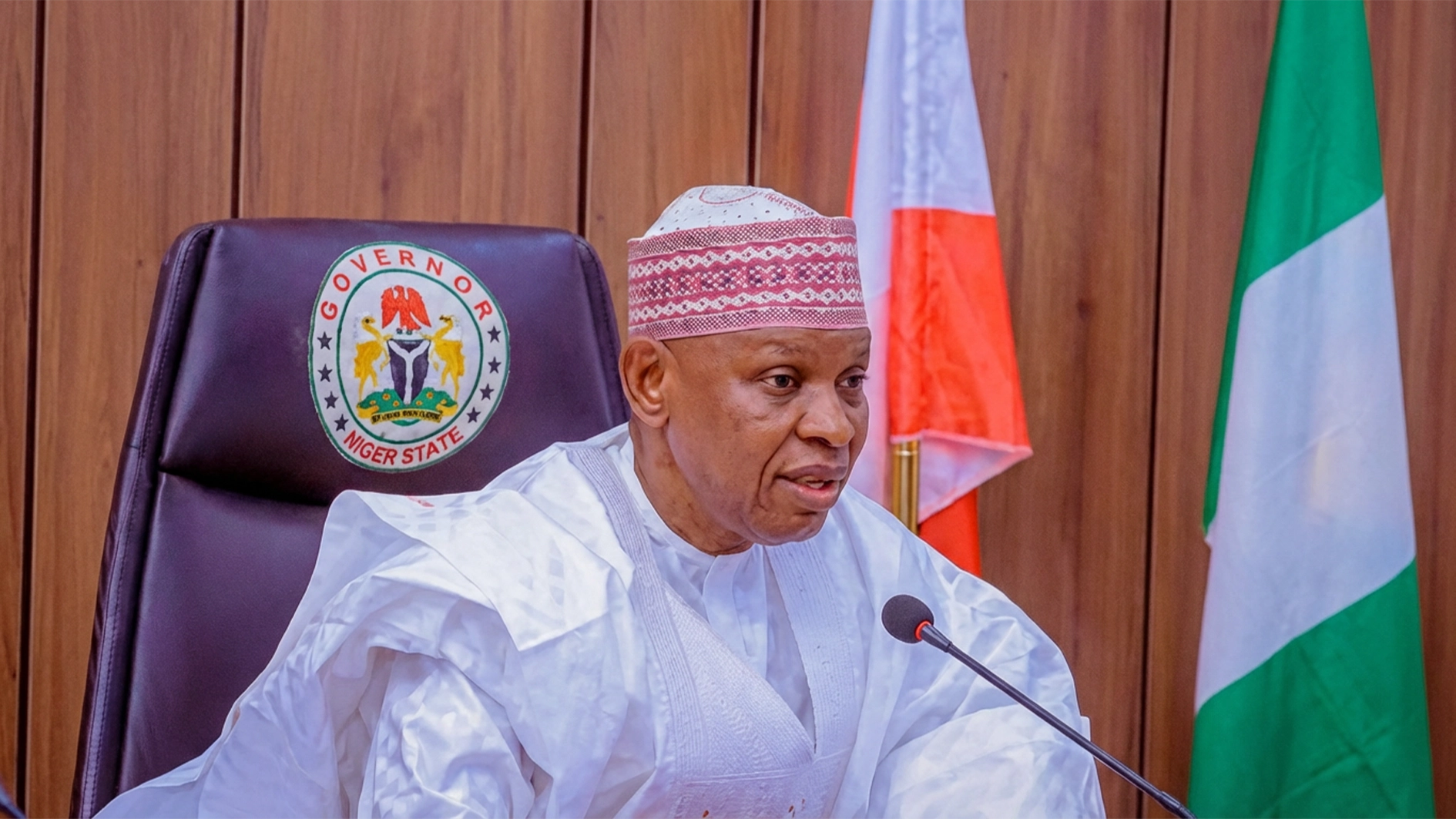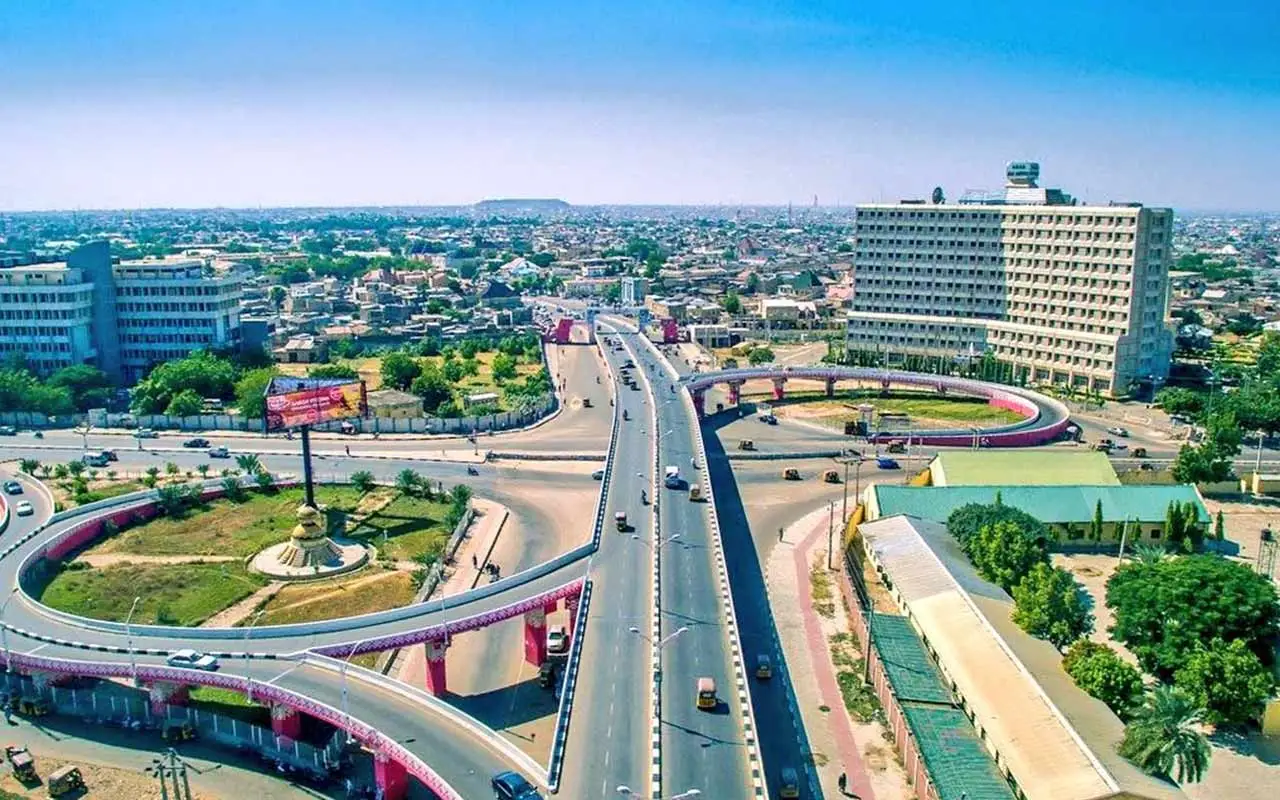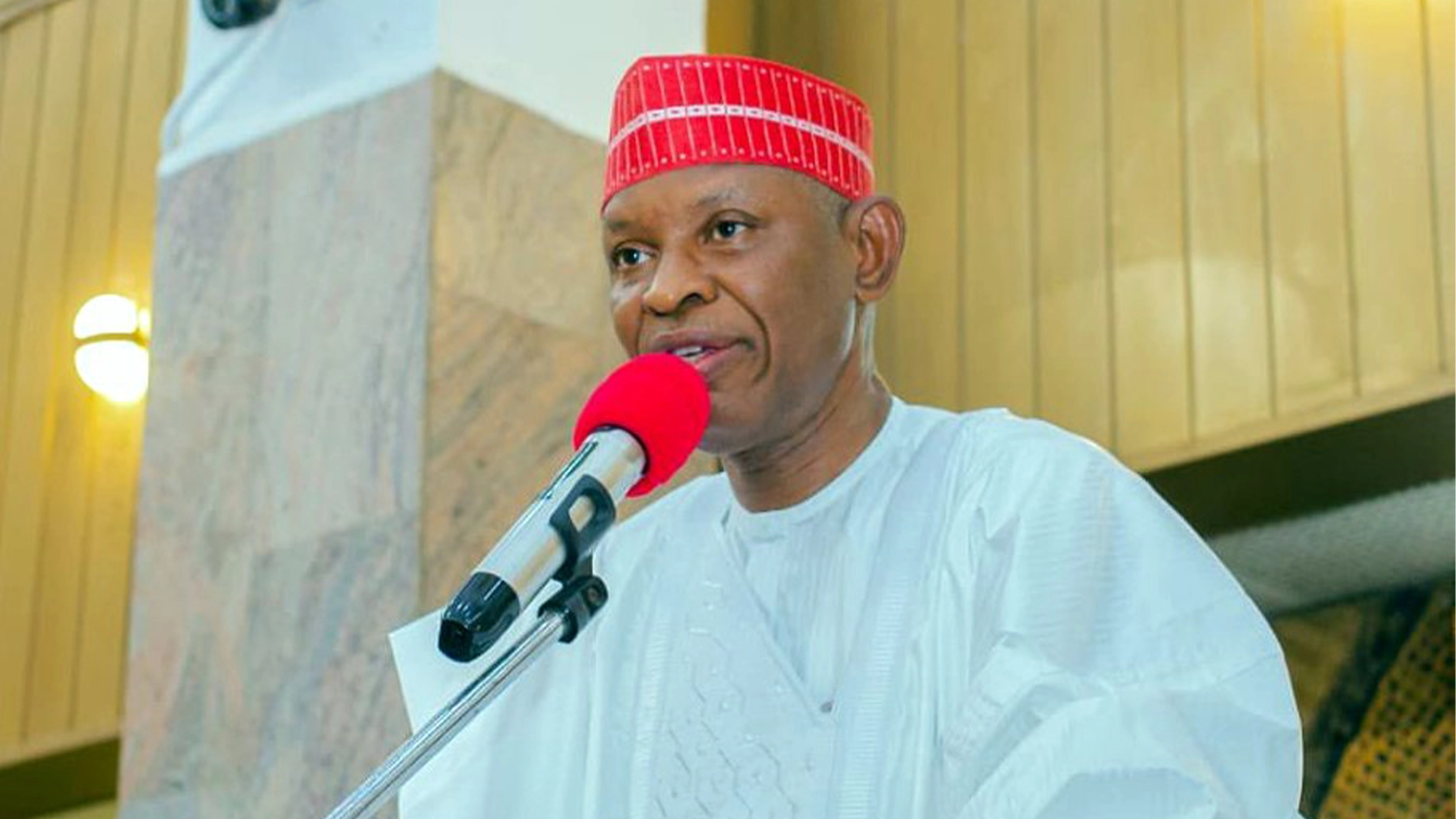A chieftain of the All Progressives Congress (APC) in Delta State, Chief Ayiri Emami, has cautioned the authorities over the implementation of a 15 per cent ad valorem import duty on petrol and diesel, warning that the measure could aggravate the economic hardship currently faced by Nigerians.
In a chat with journalists in the Federal Capital Territory (FCT), Abuja, the APC stalwart warned that the tariff would ultimately translate into higher pump prices, thereby worsening inflation and living conditions.
Emami — who is also the Chairman and Chief Executive Officer (CEO) of A & E Group, with investments in oil and gas, construction, and logistics — argued that the timing of the policy was insensitive to the economic realities of ordinary Nigerians.
“Anybody advising Mr President to impose a 15 per cent tax on petroleum right now is not doing him any good,” Emami said. “This kind of policy will not hurt marketers — it will hurt ordinary Nigerians. Whatever tax you put on petroleum goes straight back to the people on the streets. Nigerians are already hungry and struggling.”
The Delta-born politician, who hails from the riverine community of Warri, lamented that such policies disproportionately affect rural and coastal populations where fishing and transportation rely heavily on affordable fuel.
“In my area, the cost of fuel determines whether people can even go out to fish. It’s not that the fish are gone — it’s that we can’t afford to reach them anymore,” he noted.
While acknowledging the federal government’s need to boost revenue, Emami urged the Tinubu administration to explore alternative fiscal strategies and delay the tariff’s enforcement until meaningful economic relief reaches Nigerians.
“We know government needs money, but there are other areas to look into. Let’s not impose another burden when Nigerians have yet to recover from the removal of fuel subsidy,” he cautioned.
The new policy, sanctioned by President Bola Ahmed Tinubu on the recommendation of the Federal Inland Revenue Service (FIRS), is designed to protect domestic refineries and promote price stability in the downstream oil sector.
FIRS Chairman, Zacch Adedeji, explained that the tariff would operationalise crude transactions in local currency, enhance local refining capacity, and ensure a sustainable and affordable supply of petroleum products nationwide.
He further noted that the initiative aims to prevent duty-free fuel imports from undermining emerging local refineries, thereby fostering a more competitive downstream market.






